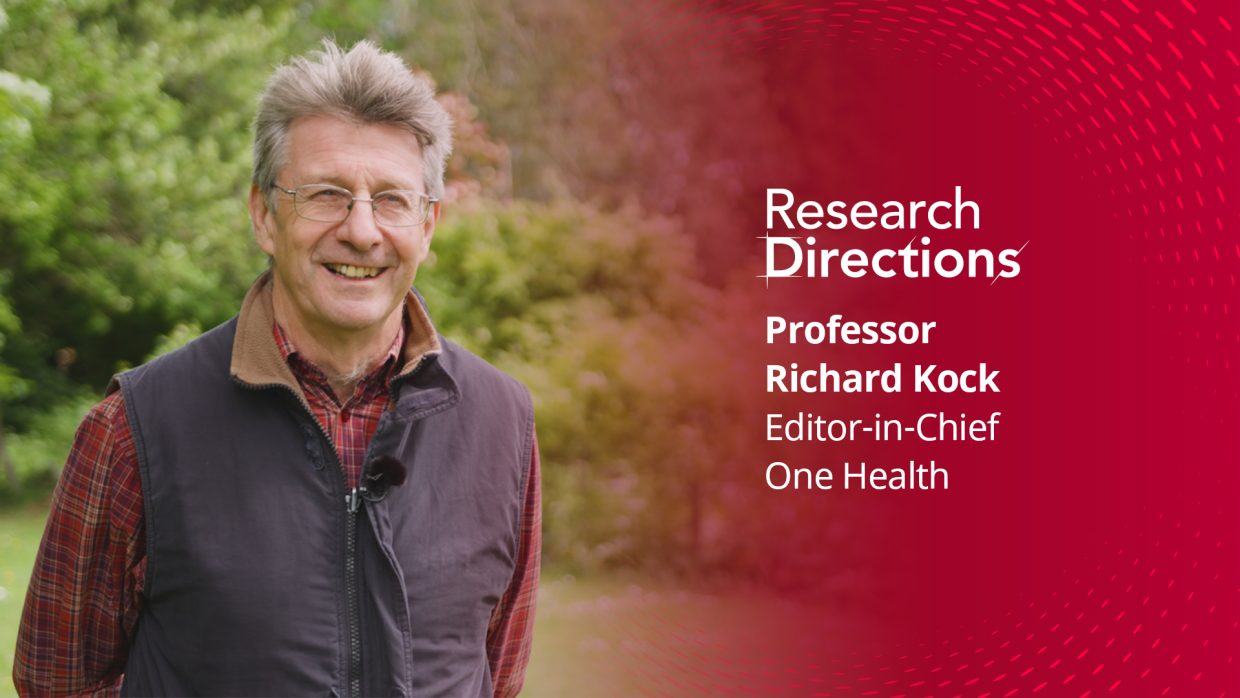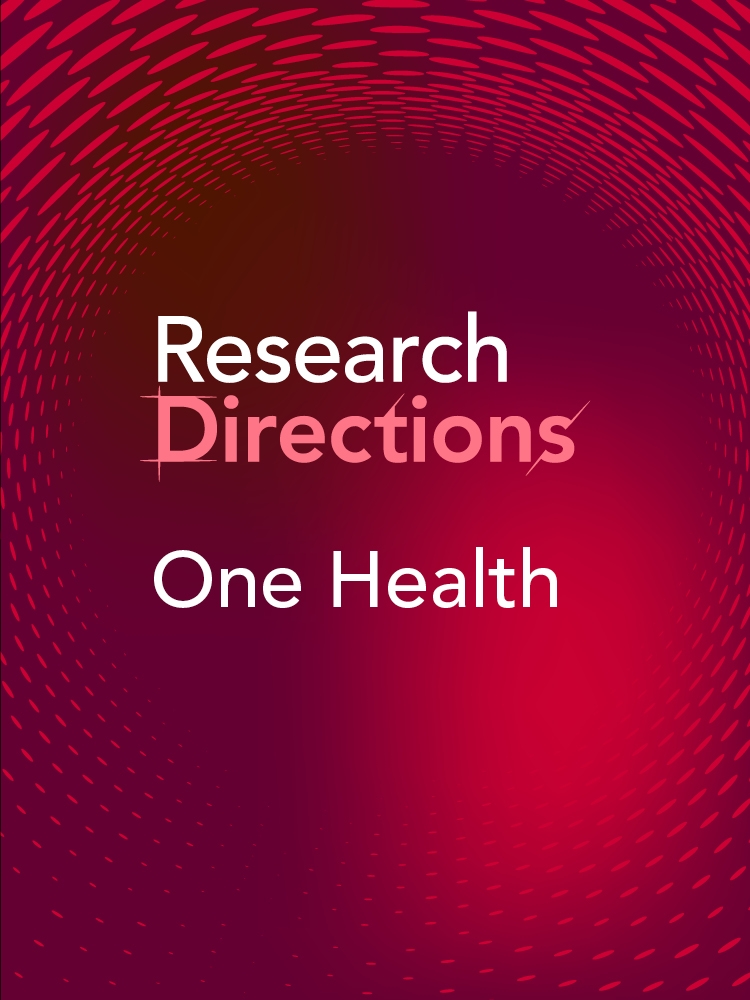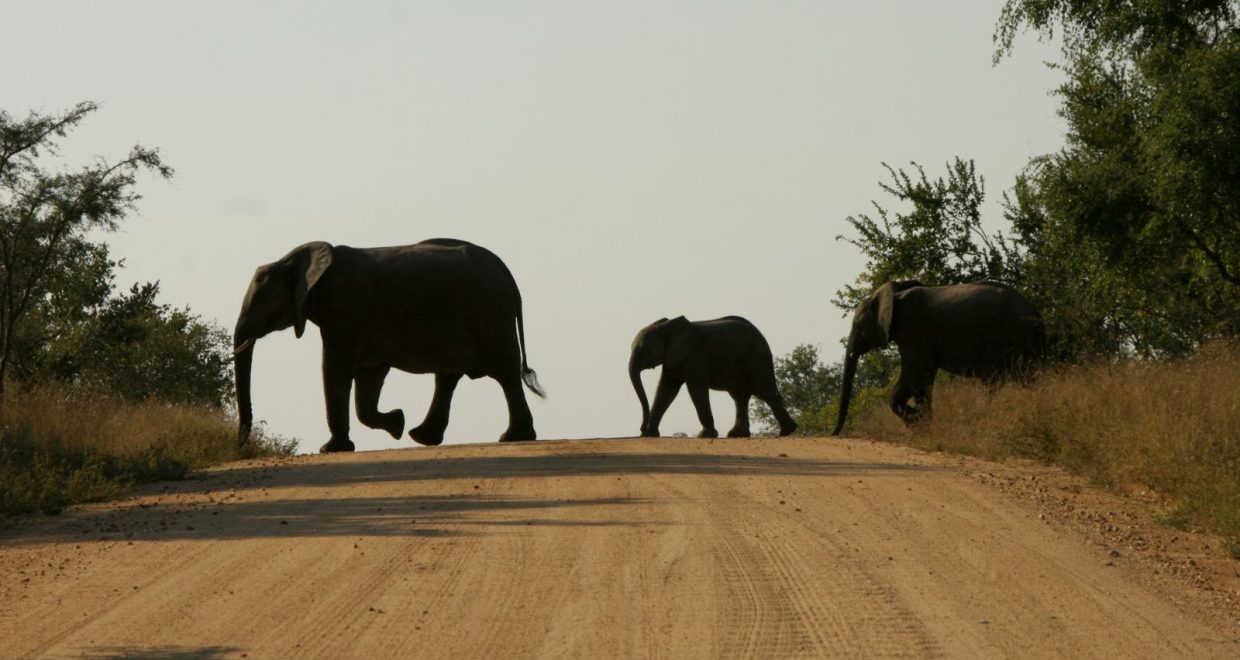“Without each other, there is no life”

Professor Richard Kock, Editor-in-Chief of Research Directions: One Health, recently launched by Cambridge University Press, explains why a broad concept of health and well-being is essential.
Ensuring a future for all living things depends on addressing health comprehensively – from the smallest fungi to the largest mammals.
That is the reimagined framework for wildlife conservation espoused in the new interdisciplinary journal Research Directions: One Health, recently launched by Cambridge University Press and led by Editor-in-Chief Professor Richard Kock.
Richard, a wildlife veterinary ecologist in the field of wildlife health focused on Africa and Asia, works at the interface between animals, humans and environment and on the role of food systems in disease emergence and environmental change.
Now retired from academia, he spent 40 years as a professional – 28 years attached to the Zoological Society of London mostly resident in Nairobi, seconded to the Kenya Wildlife Service and the African Union, and 10 years as Professor of Wildlife Health and Emerging Diseases at the Royal Veterinary College in London.
Interdependency is key
Richard explains: “One health is an approach to the metaphor of ‘health’, bringing it into perspective as a broad concept of life and well-being – and not focused only on humans and human well-being. The emergence of life on the planet has been a complex and slowly evolving process, with biological health at the root of its expression and success. Organics emerge into a vast diversity of organisms, thriving on the available substrates of air, water, minerals, and stable (within limits) environmental temperatures.
“For any single organism to survive it depends on the existence of other organisms, which it feeds on or benefits from, if not consumed itself. There is not a perfect world for any single entity; it is competitive. The concept is that, without each other, there is no life. Therefore, for humanity to destroy the life of the planet in pursuit of selfish interests (even if oriented to human health), is inevitably an existential threat to humanity. We are in such a destructive cycle, currently rapidly approaching tipping points in loss of biodiversity, environmental and ecosystems change and climate alterations.”
Indeed, in his private life, Richard espouses these values – rewilding his home and garden within what he describes as the ‘challenging context of human domains”, and developing the human elements of his home for sustainability and environmentally-friendly structures such as renewable energy systems and water conservation. His ongoing curiosity and interest in science means he is still involved in publication and mentorship, with other voluntary interests in wildlife and nature conservation.
The ethos of the Research Directions series of journals is to provide a platform to address interdisciplinary issues in a scientific manner, maintaining high standards of science and inclusivity.

More specifically, the Research Directions: One Health journal’s core disciplines will include biology (including microbiology), ecology, evolution, epidemiology, medicine and veterinary medicine, animal and plant health, population health, ecosystems and planetary health, public health, plant health and animal health, development sciences and socioeconomics, agriculture, and political science and health. Together these made up what is increasingly recognised as an interdisciplinary discipline: One Health.
Questions, questions
Richard says the question-led technique used in the Research Directions journal series will ensure that broad perspectives are addressed, even in specific and narrow areas, to hopefully provide ultimate clarity in the answers that emerge.
He explains: “Science can be totally independent of benefit, and can have many externalities as a result of its progress. Health is an example of this: the reason being that science is, and can be, narrow by the nature of its processes – requiring focus on detail and experimentation in pursuit of truth.
“Life is so complex that crude experimental approaches are unrepresentative of reality, and we can make many errors in our assumptions from a scientific approach. Natural experiments are ongoing all the time but monitoring and documenting these are very difficult; One Health seeks to answer some of these broader elements, where the only way to understand health challenges is through a complex interdisciplinary approach to understanding.”
Contributors to the journal will come from a wide science base and global community, including non-traditional science and knowledge sources, with a common understanding and vision for publication in science of health. It is aimed at a specialist and non-specialist readership, and the editorial board encourages participation to ensure an integrated approach that will “soften future agendas and decision-making in science application in economies, industries, development, health, behaviour and other fields of human endeavour”.
Richard concludes: “We start with key questions, for which science can contribute many different approaches to finding some of the answers. The journal welcomes this diversity and does not seek immediate single-paper solutions but through a diversity of perspectives will bring a more comprehensive and balanced answer. To illustrate this: in relation to the Covid-19 pandemic early publications (for example, the proximal solutions paper on origins of the virus) were narrow in their conclusions – albeit from eminent scientists – but, as time has gone on, more science has been applied and the certainties of these origins are now less certain.
“It is better, we feel, that we keep the question open rather than trying to shut it down quickly to avoid controversies – and to attract all perspectives and build an evidence base over time. Eventually it may well be possible to provide the proof to shut a question down and move on.
“We have so many important questions that are critical to the future of life. We must change our approach to science to succeed in changes that will make the difference.”







Great topic
thx.